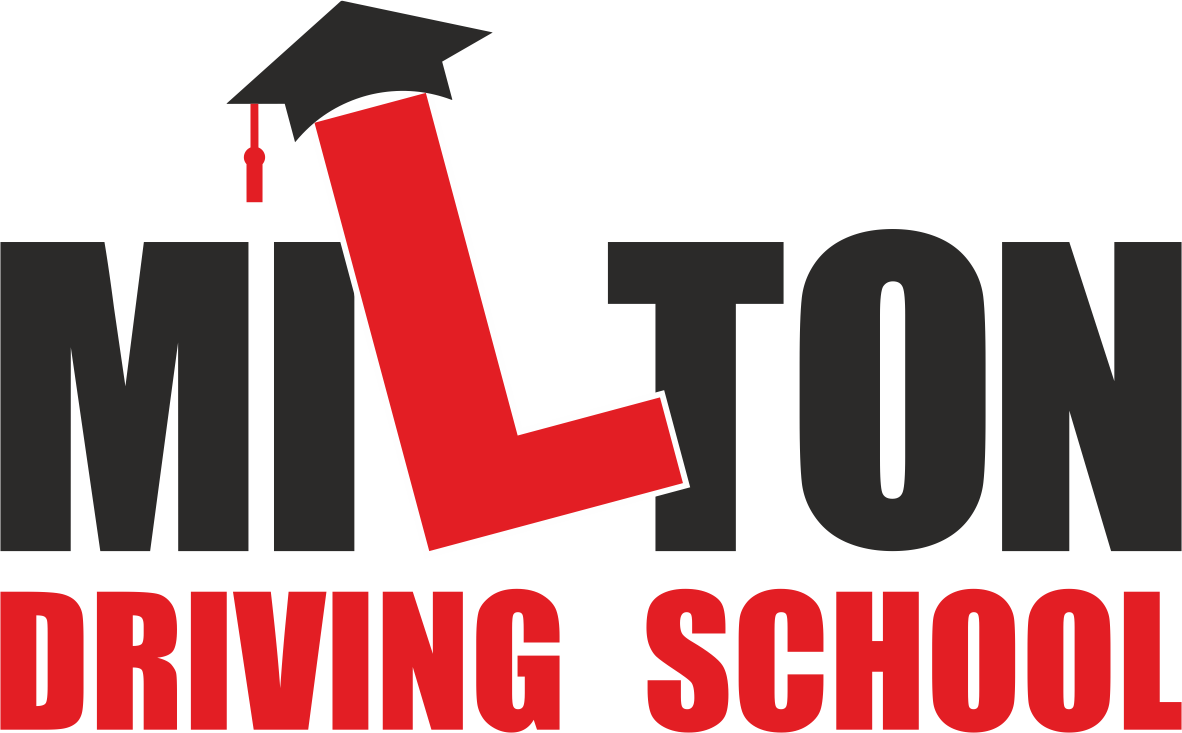

PASS PLUS
The extravagant payment on Insurance premium can be ridden off on possessing a PASS PLUS CERTIFICATE.
We have a diverse group of instructors, MALE and FEMALE, as well as MANUAL and AUTOMATIC training cars.
WHAT IS PASS PLUS?
Pass plus is a structured practical training course aimed at boosting the self-confidence and ability of newly passed drivers which the DVSA advises.
The modules include driving :
1. in town
2. in all weathers
3. on rural roads
4. at nights
5. on dual carriageways, and
6. on motorway
An enrolled pupil need not to sit for a test instead demonstrate his/her skills and knowledge achieved or exceeded the required level in each module. On successful completion of all modules the Pass Plus certificate will be issued by the DVSA.
WHAT ARE THE ADVANTAGES OF PASS PLUS?
Although you are free and independent to drive once you pass your driving test, you are not fully-fledged and competent in driving in all road conditions. You increase your knowledge., develop skills, gain safe driving experience and thus build up self-confidence and ability.
WHY PASS PLUS?
The probability of accident is more likely for new drivers of any age within the first two years of passing the test than at any other time in the driving career. The insurance premium is very, very high for newly passed drivers.
This can be overcome by following the 6 modules at least for 6 hours depending on your individual attitudes and skills
WHY CHOOSE
No commitment upfront. Give us a call for free advices.
Learn more quickly by using our structured training through friendly approach.
Get your free Theory information and practice for your theory test and pass more quickly.
We’re a local, independent driving school, with our office in Milton Keynes.
We make home pick up and drop off.
We also make pick up from place of your choice within local area but the drop off within local area is made only on early request.
What We Will Cover

Basic Vehicle Knowledge
Basic Vehicle Knowledge
Today’s vehicles are complicated, like computers on wheels. Far beyond the reach of most backyard mechanics,
With the amount of money, we spend on the payments, maintenance, and repair of our cars, you’d think we’d have a better relationship with our vehicles. But understanding our cars how they work, how to care for them, repair costs can be overwhelming. All the parts, fluids, guidelines to follow, and things that can go wrong make cars and repair garages seem intimidating, but they don’t have to be.
You don’t need to know everything about your car, but you should have a handle on some of the basic elements. To help you feel more confident as a car owner, here are few things you should know before you get behind the wheel:
1:Road Tax
2:MOT (in the UK) a compulsory annual test for safety and exhaust emissions of motor vehicles of more than a specified age
3:Insurance.
4:Make and Model.
5:Engine Lights.
6:Engine Oil……
7:Tyre / Tyre Pressure
8:Maintenance Schedule.

Highway Code
Highway Code
This Highway Code applies to England, Scotland and Wales. The Highway Code is essential reading for everyone.
There’s a different version of The Highway Code for Northern Ireland.
You can buy a copy of The Highway Code online or from most high street bookshops.
Sign up for email alerts for rule changes or follow The Highway Code on Facebook and Twitter.

Driving Manouvers
Driving Manoeuvres
There are Three manoeuvres in total, and you will be asked to carry out one of them during your practical. Let’s take a closer look at what these manoeuvres are and what else you might need to know.
Reversing manoeuvres will be changed
The ‘reverse around a corner’ and ‘turn-in-the-road’ manoeuvres will no longer be tested, but you should still be taught them by your instructor.
You’ll be asked to do one of 3 possible reversing manoeuvres:
•parallel park at the side of the road (Reverse Park within 2 car length)
•park in a bay – either driving in and reversing out, or reversing in and driving out (the examiner will tell you which you have to do)
•pull up on the right-hand side of the road, reverse for 2 car lengths and re-join the traffic

Road Safety
Road Safety
The UK has some of the safest roads in the world, but the effects of every death or serious injury on our roads are devastating, for the bereaved, for families and loved ones, and for those who support the seriously injured, some of whom may have long term life-changing injuries.
Your roads, your safety, your responsibility
1 Vehicle
2 Weather Condition
3 Signs, Signals
4 Drink and Drunk
5 Seat Belts
6 Speed
7 Carelessness
8 Other Road Users

Car 'show me, tell me' vehicle safety questions
Car 'show me, tell me' vehicle safety questions
You’ll be asked 2 vehicle safety questions during your car driving test.
The examiner will ask you one:
‘tell me’ question (where you explain how you’d carry out a safety task) at the start of your test, before you start driving
‘show me’ question (where you show how you’d carry out a safety task) while you’re driving
You’ll get one driving fault (sometimes called a ‘minor’) if you get one or both questions wrong.
You’ll fail your driving test if your driving is dangerous or potentially dangerous while you answer the ‘show me’ question.
Get In touch
Leave us a message
+44 7397 562403
booking@miltondrivingschool.co.uk




